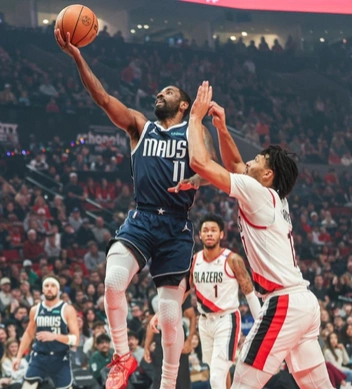goal Posts on Crowch
In 2025, Riyadh became the global capital of esports by hosting the Esports World Cup 2025, the largest tournament in the industry’s history. With a record-breaking prize pool of over $70 million, the event proved that esports is no longer a niche — it is now a core part of the global sports economy.
💰 Record-Breaking Prize Pool
The scale was unprecedented: 200 teams, 2,000 players, and 25 game titles. The highlight was the Club Championship, with $27 million dedicated to organizations rather than individuals. This structure echoed traditional sports leagues, strengthening the foundation for esports clubs.
📈 Economic Impact
EWC 2025 was both a sporting and economic milestone. Thousands of visitors came to Riyadh, while millions tuned in online. The tournament attracted significant investments, marketing partnerships, and created new revenue models — from streaming and advertising to merchandise and digital products.
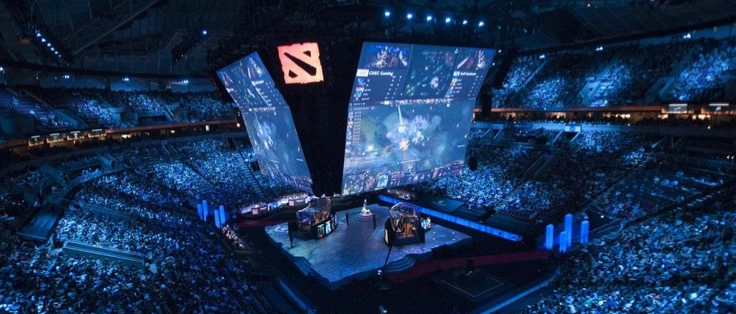
🌟 Global Reach and Audiences
Esports has become truly global. By including a wide variety of genres — from shooters and strategy to sports simulations and chess — EWC 2025 appealed to a broad demographic. Esports is now a universal platform where everyone can find their favorite form of competition.
👥 Stars and Media Power
Cristiano Ronaldo and Magnus Carlsen served as iconic ambassadors, boosting the event’s visibility. Broadcasts broke viewership records, while fan culture — cosplay, fan art, and digital communities — turned the tournament into a cultural phenomenon.
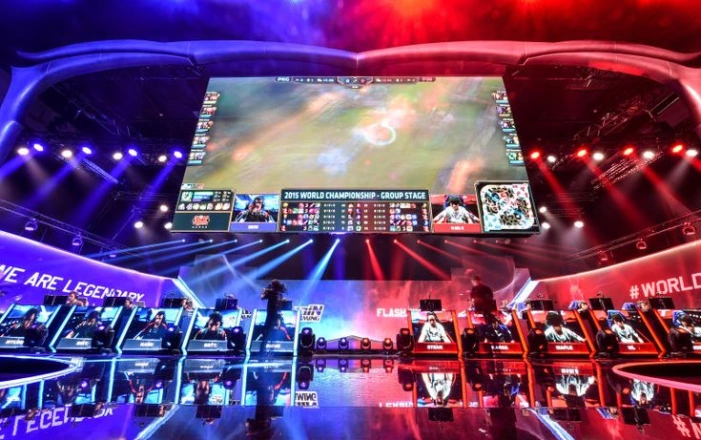
🌐 A Strategy for the Future
EWC 2025 was also a cornerstone of Saudi Arabia’s Vision 2030 strategy. By investing in gaming and esports, the nation positioned itself as a hub for culture and innovation. With future initiatives like the Nations Cup and Olympic Esports Games, the industry’s growth looks unstoppable.
✨ Conclusion
The Esports World Cup 2025 proved that esports is more than competition — it is the economy of the future. The event showcased the industry’s readiness for sustainable growth, global integration, and a lasting sporting legacy.
The summer of 2025 witnessed one of the most significant moments in competitive gaming — the Esports World Cup (EWC) 2025 in Riyadh. With a record-breaking prize pool of over 70 million dollars, the event set a new benchmark for professionalism and global recognition in esports.
🌍 Scale and Reach
From July 8 to August 24, more than 2,000 players and 200 teams competed across 25 game titles. The event featured a club championship, individual tournaments, qualifiers, and MVP awards. Its unprecedented scale positioned EWC as a cornerstone of the global sporting calendar.
⚡ New Disciplines and Innovation
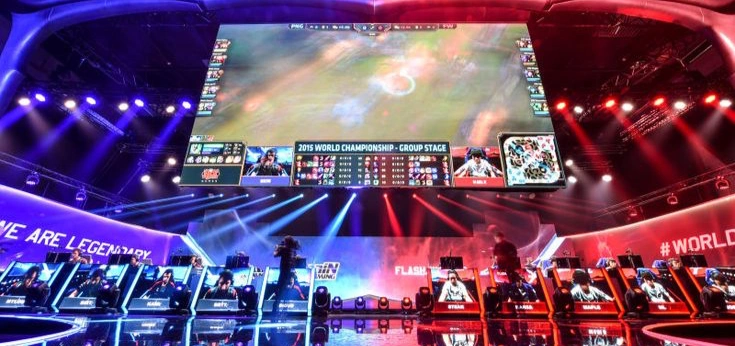
For the first time, games such as Chess, CrossFire, Fatal Fury, and Valorant were added to the program. Alongside classics like Dota 2, League of Legends, and PUBG Mobile, the tournament attracted a massive worldwide audience. Esports in 2025 proved it could bridge traditional and digital competition.
🌟 Star Ambassadors
Global stars added even more appeal. Football legend Cristiano Ronaldo became the official ambassador of EWC 2025, bridging traditional sports and esports. Meanwhile, chess grandmaster Magnus Carlsen triumphed in the chess event, proving that esports is evolving beyond conventional boundaries.
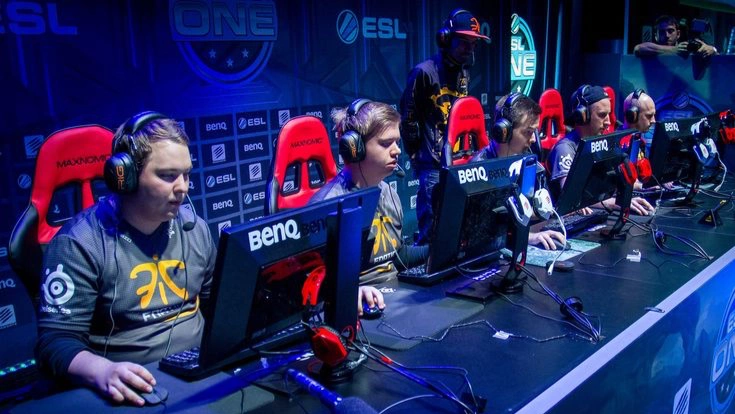
🏆 Club Format
The Club Championship awarded 27 million dollars to top-performing teams across multiple games. This format highlighted not only individual excellence but also organizational strength, versatility, and long-term stability.
🌐 Geopolitics and Future Legacy
EWC 2025 was part of Saudi Arabia’s Vision 2030 strategy to expand its gaming and sports ecosystem. The event reinforced the nation’s role as a global hub for entertainment and esports. Future initiatives include the Esports Nations Cup and even the Olympic Esports Games, marking the long-term growth of competitive gaming.
Formula 1 is not just about machines, lap times, and pit strategy — it’s a drama of personalities, ambition, and raw competition. The 2025 season is already shaping up to be rich in fierce rivalries, some long-standing and others newly emerging. These head-to-head duels are set to define the year ahead.
Verstappen vs. Piastri
With Oscar Piastri joining Red Bull, all eyes are on the dynamic between him and Max Verstappen. The reigning champion faces a rising star unafraid to challenge the status quo. Early testing hinted at tension between the two, and the opening race in Australia — Piastri’s home turf — might ignite the fire. Piastri brings youthful hunger and speed, while Verstappen commands authority with consistency and past titles. Their internal battle could shape the entire title race.
Hamilton vs. Leclerc
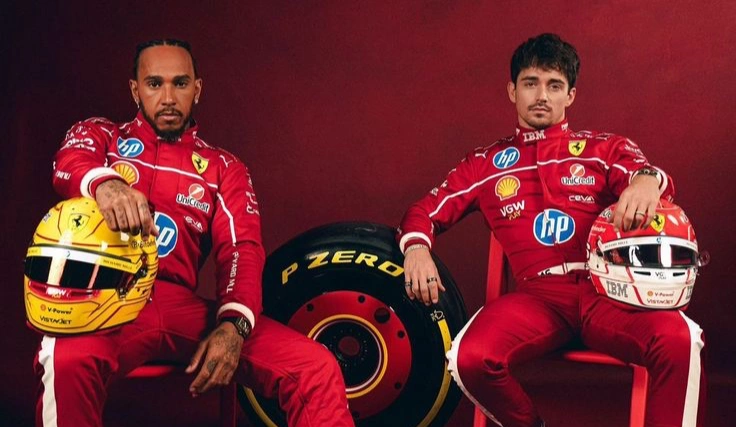
Ever since Lewis Hamilton joined Ferrari, the spotlight has been on his partnership — and rivalry — with Charles Leclerc. One chases his eighth world title and seeks to bring Ferrari back to glory, while the other wants to prove he's the future face of the team. Tension brews over setup preferences, media attention, and results. Two elite drivers, one iconic team — and only room for one true number one.
Sainz and Audi: A High-Stakes Bet
Carlos Sainz’s switch to Audi is one of the boldest moves of the season. As the German manufacturer makes its full factory debut, Sainz takes on not just rivals on the grid, but the challenge of leading a brand-new team. If Audi performs above expectations, it could rewrite the narrative of 2025 — and Sainz could become the face of a new era.
Youth vs. Experience
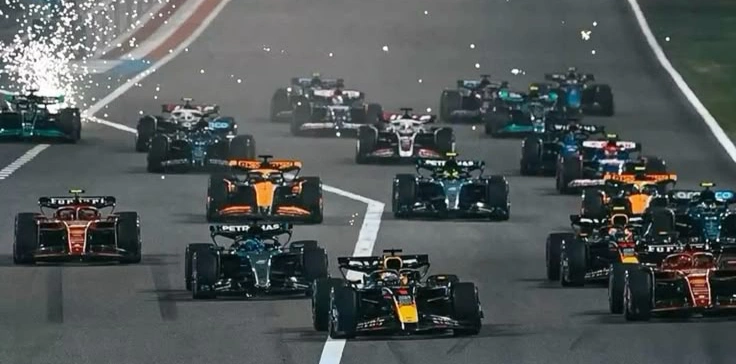
The 2025 grid also features a classic generational battle. Talents like Oliver Bearman, Liam Lawson, and Dennis Hauger are eager to prove themselves against seasoned veterans like Fernando Alonso and Valtteri Bottas. Each point scored is not just about the standings, but about staking a long-term claim in Formula 1’s future.
What’s Next?
Every race this year is a chapter in a larger story. Rivalries fuel not only the title fight but the soul of the championship itself. The 2025 season is not just about who wins — it’s about how they win, and against whom. Follow every moment live on Sky Sports F1 — the real drama is just beginning.
The 2025 Formula 1 season is shaping up to be one of the most eventful in recent memory. With regulatory updates, high-profile driver transfers, and a packed 24-race calendar, the year ahead promises intense battles and plenty of surprises. The campaign begins on March 9 with the Australian Grand Prix. Every race will be broadcast live on Sky Sports F1.
Driver Line-up Changes
The 2024–2025 offseason has brought significant movements across the grid:
- Carlos Sainz departs Ferrari to lead the new Audi F1 team as they make their championship debut.
- Oscar Piastri joins Red Bull Racing as Max Verstappen’s new teammate.
- Liam Lawson secures a full-time seat at AlphaTauri.
- Oliver Bearman steps into Formula 1 with Haas after strong performances in junior categories.
Sebastian Vettel has hinted at a possible return, and Daniel Ricciardo remains with Red Bull as a reserve.
New Regulations and Technical Innovations
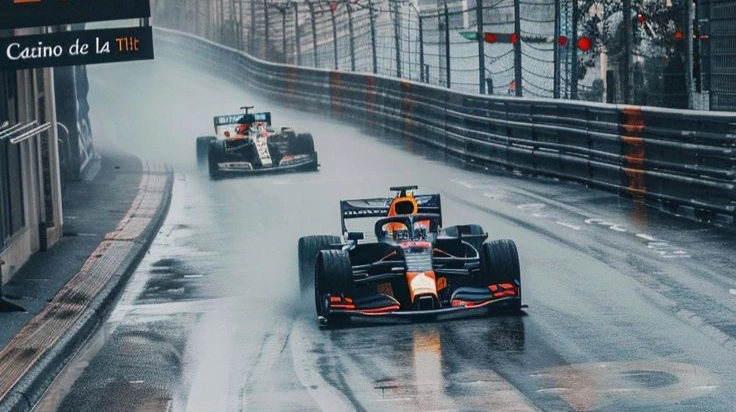
FIA’s 2025 updates are aimed at increasing tactical diversity and improving safety:
- Active aerodynamics will have an expanded role, allowing teams to fine-tune more components mid-race.
- Smart tire wear sensors will automatically alert teams to excessive degradation, triggering mandatory response strategies.
- Enhanced hybrid systems now provide greater electric power, especially in DRS zones.
These changes are expected to bring the field closer together and amplify the importance of in-race decision-making.
2025 Race Calendar
The season will feature a record 24 races. China and South Africa return to the calendar, while iconic tracks such as Spa, Monza, and Silverstone retain their status. Highlights include:
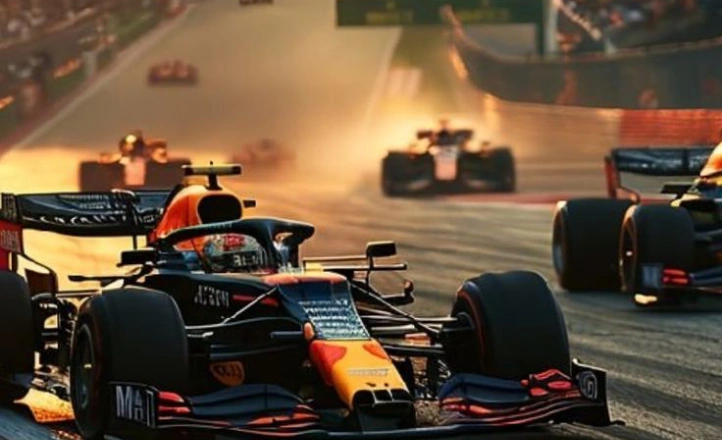
- Australia — March 9
- Japan — April 13
- Monaco — May 25
- Canada — June 15
- Great Britain — July 6
- Las Vegas — November 22
- Abu Dhabi — December 7
Where to Watch
Sky Sports F1 will provide live coverage of every practice session, qualifying round, sprint race, and Grand Prix. With expert commentary, pit lane insights, real-time data, and exclusive interviews, the 2025 season will be one of the most comprehensively covered in F1 history.
The second edition of the Basketball Champions League Asia (BCL Asia), FIBA Asia’s premier continental club competition, is taking place in Dubai from June 7 to 13, 2025 . The group stage runs at Sheikh Saeed Bin Maktoum Sports Hall, while the climactic knockout rounds are set for the state-of-the-art Coca‑Cola Arena
Nine elite teams from across Asia are competing: Al Riyadi Beirut (Lebanon), Utsunomiya Brex (Japan), Ulaanbaatar Xac Broncos (Mongolia), Meralco Bolts (Philippines), Shabab Al Ahli (UAE), Taoyuan Pauian Pilots (Taiwan), Zhejiang Guangsha Lions (China), Changwon LG Sakers (South Korea), and Tabiat (Iran). The top eight advanced to the finals, battling for a place in the FIBA Intercontinental Cup
The knockout stage is packed with intensity: quarter-finals on June 11, semifinals on June 12, and the third-place game followed by the grand final on June 13 . In a standout semifinal, Utsunomiya Brex overwhelmed the Broncos 93–71, setting a tournament record with 19 made three-pointers — the most in a single BCL Asia game in the last decade
Also notable is Al Riyadi’s semifinal victory over Shabab Al Ahli (100–78), even amid squad challenges, marking their return to the finalsThese high-stakes matchups underscore the level and intensity of Asian club basketball.
Dubai provides a fitting backdrop — world-class venues, excellent logistics, and an electric fan atmosphere at Coca‑Cola Arena draw attendees from across the region, transforming the tournament into a true celebration of the sport
BCL Asia 2025 is more than just a tournament. It’s a cultural milestone displaying Asia’s rise in global basketball, the competitive spirit of its clubs, and the growing ambition of the region. This event signals that Asian basketball is ready to shine on the world stage.
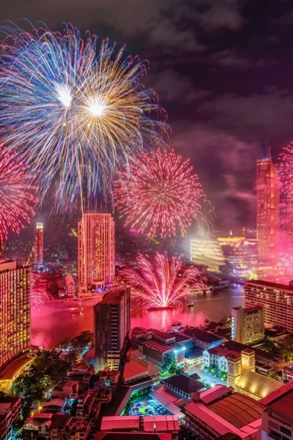
What sets BCL Asia apart isn’t just the caliber of play — it’s the convergence of regional pride, evolving basketball identities, and the dynamic clash of styles. From the fast-paced perimeter focus of East Asian teams to the physical interior game preferred by West Asian powerhouses, each contest becomes a study in contrast and adaptation. Teams are not only battling for a trophy, but also to define how Asian basketball will be represented globally.
Emerging stars and seasoned veterans have shined throughout the tournament. Utsunomiya’s sharpshooter Ryota Shinoyama has turned heads with his court vision and deadly accuracy from beyond the arc, while Changwon LG Sakers’ forward Lee Kwan-hee delivered several highlight dunks and defensive masterclasses. For Meralco Bolts, rising guard Aaron Black proved to be a two-way threat, blending hustle with creative ball movement.
Meanwhile, crowd favorite Al Riyadi’s run has been powered by team cohesion and experience. Despite injuries to key players, the Lebanese club leaned on its core leadership, including longtime captain Amir Saoud, who continues to deliver under pressure with clutch shots and on-court composure. Their decisive semifinal win reaffirmed their status as a cornerstone of West Asian basketball dominance.
The coaching dynamics have also contributed to the tactical richness of BCL Asia 2025. Zhejiang’s head coach Wang Bo brought a surgical approach to match preparation, while Shabab Al Ahli’s Serbian tactician, Dejan Radonjić, fused European discipline with Gulf flair. Such diversity in philosophies is emblematic of Asian basketball's increasingly global influence.
Beyond the hardwood, the event has attracted attention for its cultural impact. Dubai has transformed into a regional hub for sports diplomacy and basketball marketing, with pop-up fan zones, youth clinics, and networking events hosted in parallel with the games. The Coca‑Cola Arena, with its immersive lighting, live DJs, and digital fan engagement features, has elevated the spectator experience into something worthy of a global final.
FIBA’s vision for the Champions League Asia is clear: to establish a continental club hierarchy that mirrors the structure of Europe’s EuroLeague or Latin America’s Liga Sudamericana. This year’s edition, with its increased media visibility, streaming deals, and sponsor interest, represents a pivotal step toward that ambition. Conversations have already begun about expanding the format to 12 or 16 teams in 2026, as more domestic champions push for inclusion.
Looking forward, the champion of BCL Asia 2025 will not only earn a coveted spot at the FIBA Intercontinental Cupbut will carry the pride of a region that is no longer on the periphery of international basketball — but ready to claim its seat at the table.
The message from Dubai is loud and clear: Asia is not just participating in global basketball — it's becoming a force to be reckoned with.
